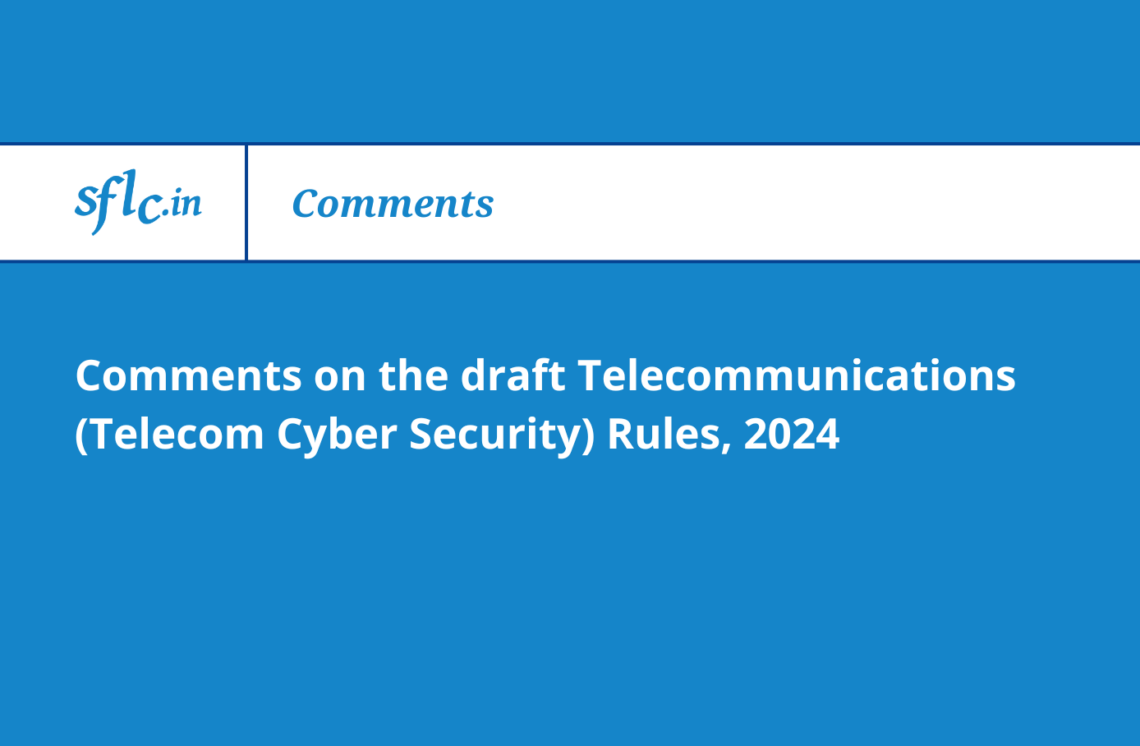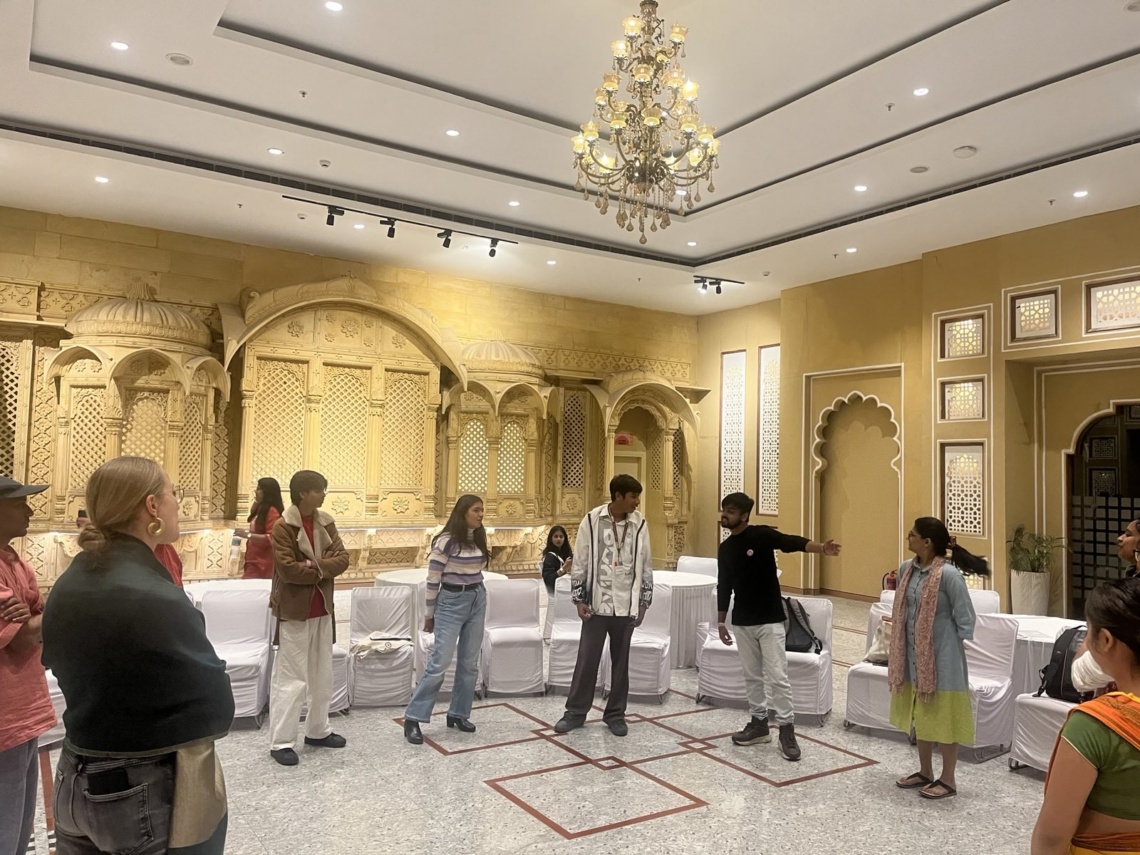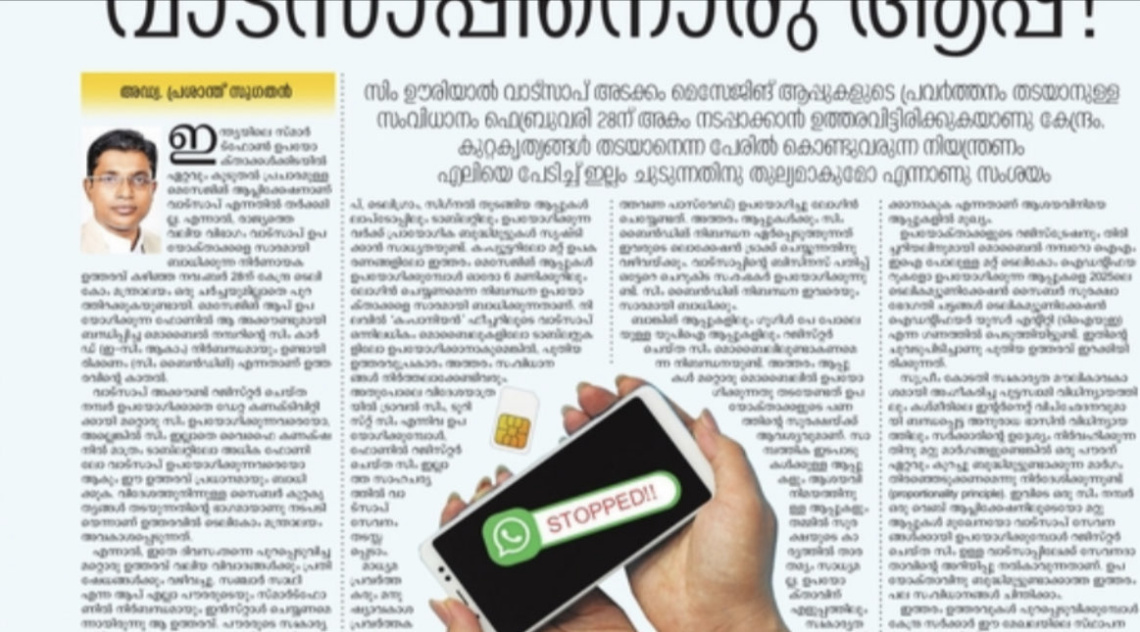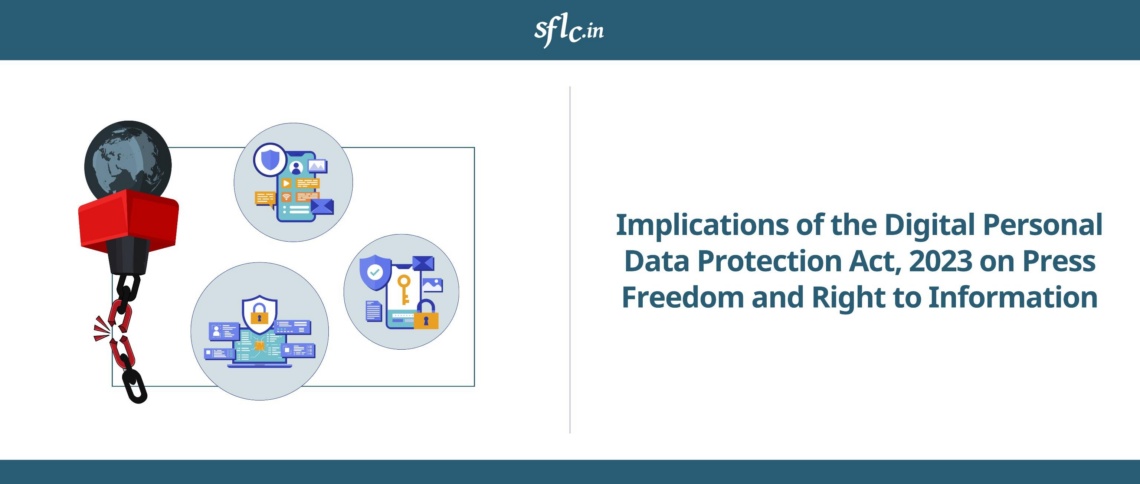The case pertains to activist Akhil Gogoi, accused of conspiring with banned CPI(Maoist) groups during the anti-CAA protests in Assam. The prosecution presented evidence alleging his involvement in training individuals at Maoist camps, inciting violence, and disrupting essential supplies. The court noted Gogoi’s prima facie role in seditious activities, property vandalism, and spreading disaffection among communities, invoking UAPA Section 15 (terrorist act) alongside other charges. While Gogoi sought bail, the court rejected his plea, observing that blocking roads, burning public property, and obstructing supply chains could not be classified as peaceful protest under constitutional rights. The judgment emphasized the balance between Article 19(1) (free speech) and Fundamental Duties (Article 51A), ruling that Gogoi’s actions fell outside lawful dissent. His appeal against the Special NIA Court’s order was dismissed, upholding the applicability of UAPA charges.




